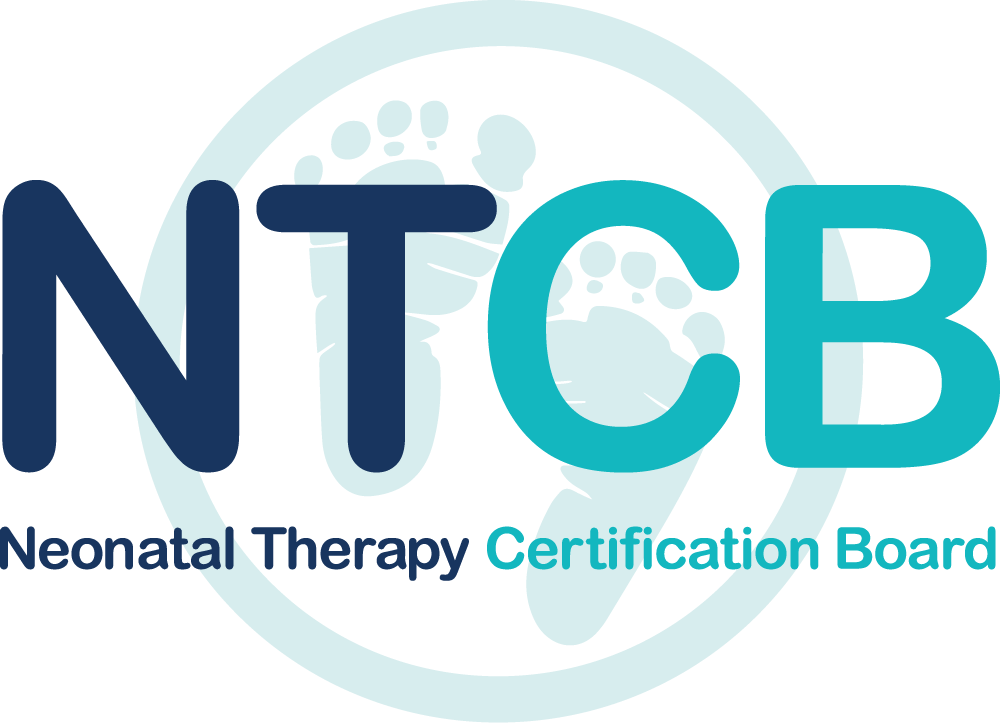1. The application requires professional education hours. Are these hours equivalent to CEUs?
- The education hours for certification do not need to be preapproved CEUs. For all education, both online and in person, you must be able to describe how the education relates to your NICU practice.
- For each course, hours of professional education are the number of hours listed on the certificate.
2. What are my options for obtaining 40 hours of education? Either I don’t have enough hours from in-person education or I don’t have access to in-person conferences.
- There are many options to obtain education hours via online webinars. They can be completed live or, in many cases, later via a recording. For instance, NANT and several neonatal vendors offer online webinars. Part or all of the educational requirements for certification can be met via online education.
- Applicants are free to structure their educational opportunities based on what works for them depending on their location, finances, and time restraints.
- For a comprehensive list of continuing education opportunities that relate to NICU practice, please visit: /certification/resources/nicu-specific-education/
3. What if I have reviewed an archived webinar for one of my education hours and therefore do not have a receipt, registration confirmation or email to confirm attendance?
- Archived webinars must have originally been presented within 3 years of the application date.
- When archived webinars are accessed, the applicant may be asked to provide a short summary about what was learned and provide a screen shot of the last slide of the webinar as proof of attendance.
4. I do better with in-person education. What are some of my options for this type of education?
- Look for courses organized by reputable companies that are invested in providing up-to-date knowledge and information related to NICU practice.
- Utilize online social media resources like Facebook or LinkedIn to connect with other therapists and companies that support NICU learning.
- For a comprehensive list of continuing education opportunities that relate to NICU practice please visit: /certification/resources/nicu-specific-education/
5. Do I need to provide specific documentation regarding dates and times of the neonatal therapy mentoring I have received?
- No, for this requirement, you simply sign a statement stating that you have received the required mentoring hours.
6. What counts as mentoring and how can I achieve this?
All hours, going back to when you first became a therapist, in which another clinician guided you in appropriate practice in the NICU count as mentoring. This may include the following:
- Time spent observing another therapist as you first transitioned into NICU practice.
- Time spent conversing about a case with another NICU clinician. This includes participation in multidisciplinary rounding or disposition rounds with other professionals from whom you are learning how to better provide comprehensive care for an individual patient.
- Time spent receiving support and guidance at the bedside from another therapist or care. For example, a therapist demonstrated how to do a specific intervention with an infant or a nurse demonstrated how an extremely low birthweight infant is transferred skin to skin and positioned on the parent.
- Hours spent on the phone or email discussing NICU related topics with a colleague.
- Utilize online social media resources to connect with other therapists and companies that support NICU learning.
- Distance support can be helpful in accessing practice patterns from different parts of the country and connecting with mentors that may not be directly available to you in your area.
- Hours spent listening to NANT Inner Circle Mentoring Calls or similar.
- Hours spent learning from a physician, respiratory therapist, nurse or social worker in the NICU about things related to the care of the infant. For example, a physician explained different types of brain injury incurred in the neonatal period and how they may impact function.
